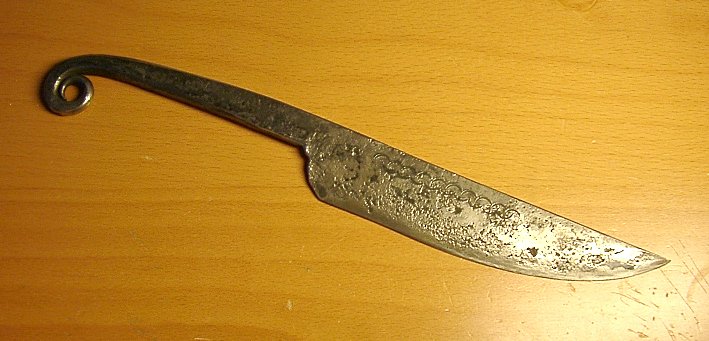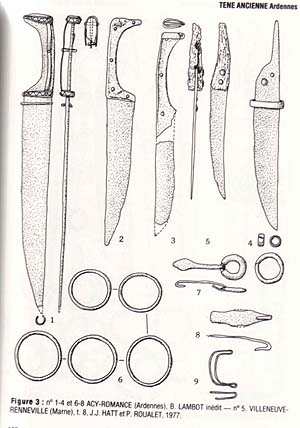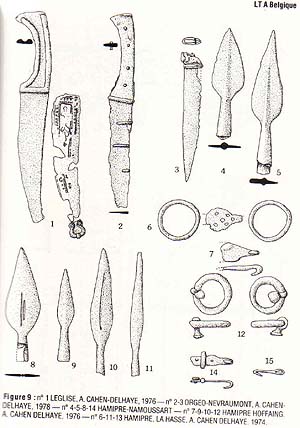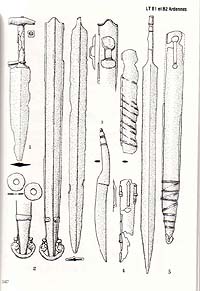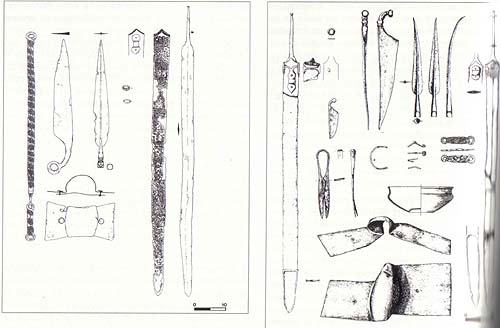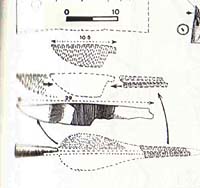If so are they available to purchase? Does anyone have any pictures?
Are there any other Celtic daggers or knives, perhaps from the La Tène period or other periods? Doing a quick search online only brings up Hallstatt daggers. The Celts must have used daggers and knives in other periods also.
Anyone have any pictures they are willing to share. I would especially love to see large colour pictures of the 3 daggers I have posted plus any others.
[ Download ]
